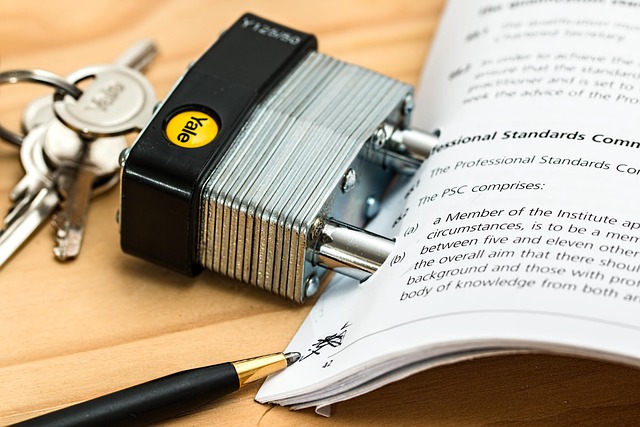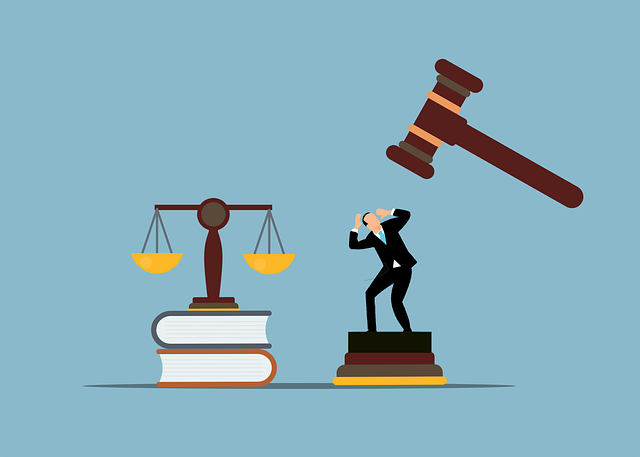In any child support agreement, both parents have legally binding rights and responsibilities to provide financial security and stability for their child, regardless of living arrangements. Key aspects include shared obligations to cover basic necessities and promote the child's well-being, with transparency fostering trust and cooperation. Understanding these child support rights and parental obligations is crucial for successful co-parenting and prioritizing the child's best interests. This support responsibilities overview offers a roadmap for both parents to fulfill their legal duties support effectively.
Navigating the complexities of child support agreements is a crucial aspect of ensuring every child’s well-being and upholding parental obligations. This article provides an in-depth overview of child support rights and responsibilities, delving into the legal duties that come with parenting. Understanding these support rights and obligations is essential for both parents, as it clarifies expectations and fosters a healthy co-parenting environment. Here, we explore various facets of support agreements to empower folks with knowledge and ensure every child receives their due care.

In any child support agreement, both parents have specific rights and responsibilities that are legally binding. Understanding these support responsibilities is crucial for ensuring a smooth transition into co-parenting. The legal duties surrounding child support aim to provide financial security and stability for the child, regardless of their living arrangement. This involves a shared obligation to contribute towards the child’s needs, including basic necessities like food, clothing, and shelter, as well as their overall well-being and development.
Child support rights and obligations are an overview of parental responsibilities that can significantly impact the future of the child. Both parents have the right to know how much they are contributing and how their payments are being utilized. This transparency fosters trust and encourages a cooperative atmosphere, which is essential for effective co-parenting. By recognizing and adhering to these legal duties, parents can ensure they are fulfilling their obligations while also protecting their rights.
model 'aya-expanse' not found

In many child support agreements, both parents share a responsibility to provide for their child’s well-being financially. Understanding one’s rights and obligations is crucial in navigating this process. Child support rights extend beyond mere financial contributions; they encompass a legal framework designed to ensure a child’s basic needs are met, including food, shelter, healthcare, and education. This involves a careful balance between the parent with primary custody and the non-custodial parent, who may still hold significant support responsibilities despite physical distance or limited time with the child.
The complexity of these agreements can lead to misunderstandings, especially when rights and duties are not clearly defined. Parental obligations regarding support must be explicitly outlined to avoid disputes. An overview of these support rights provides a roadmap for both parents to fulfill their legal duties effectively. This clarity is essential in fostering a healthy co-parenting relationship and ensuring the best interests of the child are always at the forefront of these agreements.






